San Francisco Bans Facial Recognition Techniques
By MYBRANDBOOK
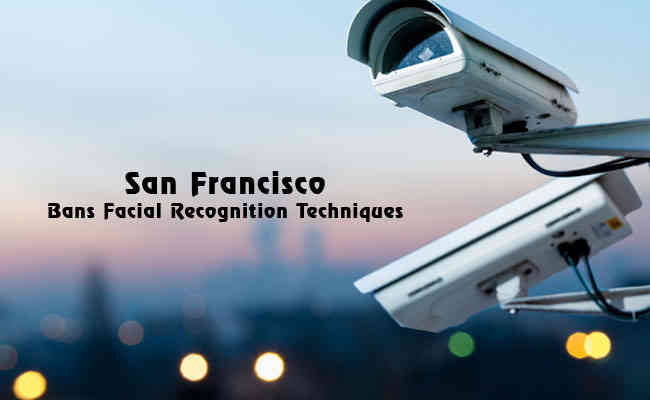
FRANCISCO — San Francisco, long at the heart of the technology revolution, took a stand against potential abuse on Tuesday by banning the use of facial recognition software by the police and other agencies.
The action, which came in an 8-to-1 vote by the Board of Supervisors, makes San Francisco the first major American city to block a tool that many police forces are turning to in the search for both small-time criminal suspects and perpetrators of mass carnage.
The authorities used the technology to help identify the suspect in the mass shooting at an Annapolis, Md., newspaper last June. But civil liberty groups have expressed unease about the technology’s potential abuse by government amid fears that it may shove the United States in the direction of an overly oppressive surveillance state.
Aaron Peskin, the city supervisor who sponsored the bill, said that it sent a particularly strong message to the nation, coming from a city transformed by technology.
But critics said that rather than focusing on bans, the city should find ways to craft regulations that acknowledge the usefulness of face recognition. “It is ridiculous to deny the value of this technology in securing airports and border installations,” said Jonathan Turley, a constitutional law expert at George Washington University. “It is hard to deny that there is a public safety value to this technology.”
Similar bans are under consideration in Oakland and in Somerville, Mass., outside of Boston. In Massachusetts, a bill in the State Legislature would put a moratorium on facial recognition and other remote biometric surveillance systems. On Capitol Hill, a bill introduced last month would ban users of commercial face recognition technology from collecting and sharing data for identifying or tracking consumers without their consent, although it does not address the government’s uses of the technology.
Matt Cagle, a lawyer with the A.C.L.U. of Northern California, on Tuesday summed up the broad concerns of facial recognition: The technology, he said, “provides government with unprecedented power to track people going about their daily lives. That’s incompatible with a healthy democracy.”
The San Francisco proposal, he added, “is really forward-looking and looks to prevent the unleashing of this dangerous technology against the public.”
In one form or another, facial recognition is already being used in many American airports and big stadiums, and by a number of other police departments. The pop star Taylor Swift has reportedly incorporated the technology at one of her shows, using it to help identify stalkers.
The facial recognition fight in San Francisco is largely theoretical — the police department does not currently deploy such technology, and it is only in use at the international airport and ports that are under federal jurisdiction and are not impacted by the legislation.
Some local homeless shelters use biometric finger scans and photos to track shelter usage, said Jennifer Friedenbach, the executive director of the Coalition on Homelessness. The practice has driven undocumented residents away from the shelters, she said.
Still, it has been a particularly charged topic in a city with a rich history of incubating dissent and individual liberties, but one that has also suffered lately from high rates of property crime.
The ban prohibits city agencies from using facial recognition technology, or information gleaned from external systems that use the technology. It is part of a larger legislative package devised to govern the use of surveillance technologies in the city that requires local agencies to create policies controlling their use of these tools. There are some exemptions, including one that would give prosecutors a way out if the transparency requirements might interfere with their investigations.
Still, the San Francisco Police Officers Association, an officers’ union, said the ban would hinder their members’ efforts to investigate crime.
“Although we understand that it’s not a 100 percent accurate technology yet, it’s still evolving,” said Tony Montoya, the president of the association. “I think it has been successful in at least providing leads to criminal investigators.”
Mr. Cagle and other experts said that it was difficult to know exactly how widespread the technology was in the United States. “Basically, governments and companies have been very secretive about where it’s being used, so the public is largely in the dark about the state of play,” he said.
But Dave Maass, the senior investigative researcher at the Electronic Frontier Foundation, offered a partial list of police departments that he said used the technology, including Las Vegas, Orlando, San Jose, San Diego, New York City, Boston, Detroit and Durham, N.C.
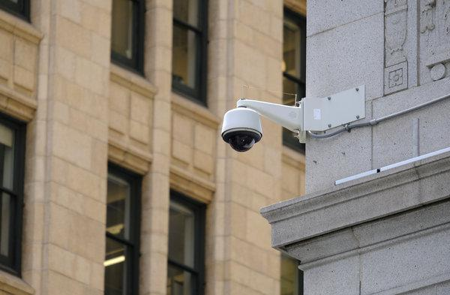
A security camera in San Francisco.
Other users, Mr. Maass said, include the Colorado Department of Public Safety, the Pinellas County Sheriff’s Office, the California Department of Justice and the Virginia State Police.
U.S. Customs and Border Protection is now using facial recognition in many airports and ports of sea entry. At airports, international travelers stand before cameras, then have their pictures matched against photos provided in their passport applications. The agency says the process complies with privacy laws, but it has still come in for criticism from the Electronic Privacy Information Center, which argues that the government, though promising travelers that they may opt out, has made it increasingly difficult to do so. As per the article published in the New York Times.
But there is a broader concern. “When you have the ability to track people in physical space, in effect everybody becomes subject to the surveillance of the government,” said Marc Rotenberg, the group’s executive director.
In the last few years, facial recognition technology has improved and spread at lightning speed, powered by the rise of cloud computing, machine learning and extremely precise digital cameras. That has meant once-unimaginable new features for users of smartphones, who may now use facial recognition to unlock their devices, and to tag and sort photos.


Legal Battle Over IT Act Intensifies Amid Musk’s India Plans
The outcome of the legal dispute between X Corp and the Indian government c...

Wipro inks 10-year deal with Phoenix Group's ReAssure UK worth
The agreement, executed through Wipro and its 100% subsidiary,...

Centre announces that DPDP Rules nearing Finalisation by April
The government seeks to refine the rules for robust data protection, ensuri...

Home Ministry cracks down on PoS agents in digital arrest scam
Digital arrest scams are a growing cybercrime where victims are coerced or ...


Icons Of India : Deepak Sharma
Deepak Sharma spearheads Schneider Electric India. He brings with him ...
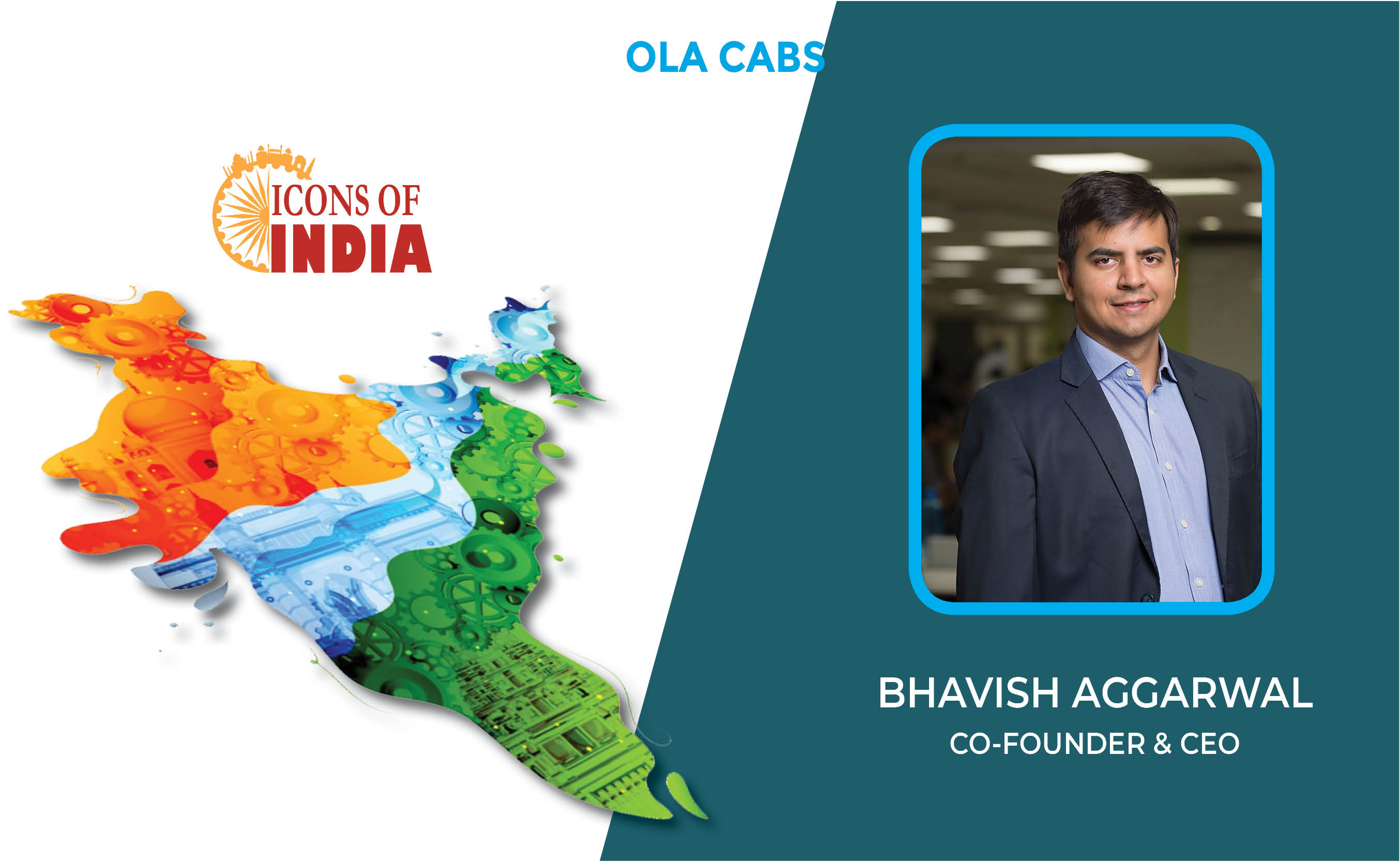
Icons Of India : Bhavish Aggarwal
Indian entrepreneur Bhavish Aggarwal is the CEO of Ola, India’s larg...
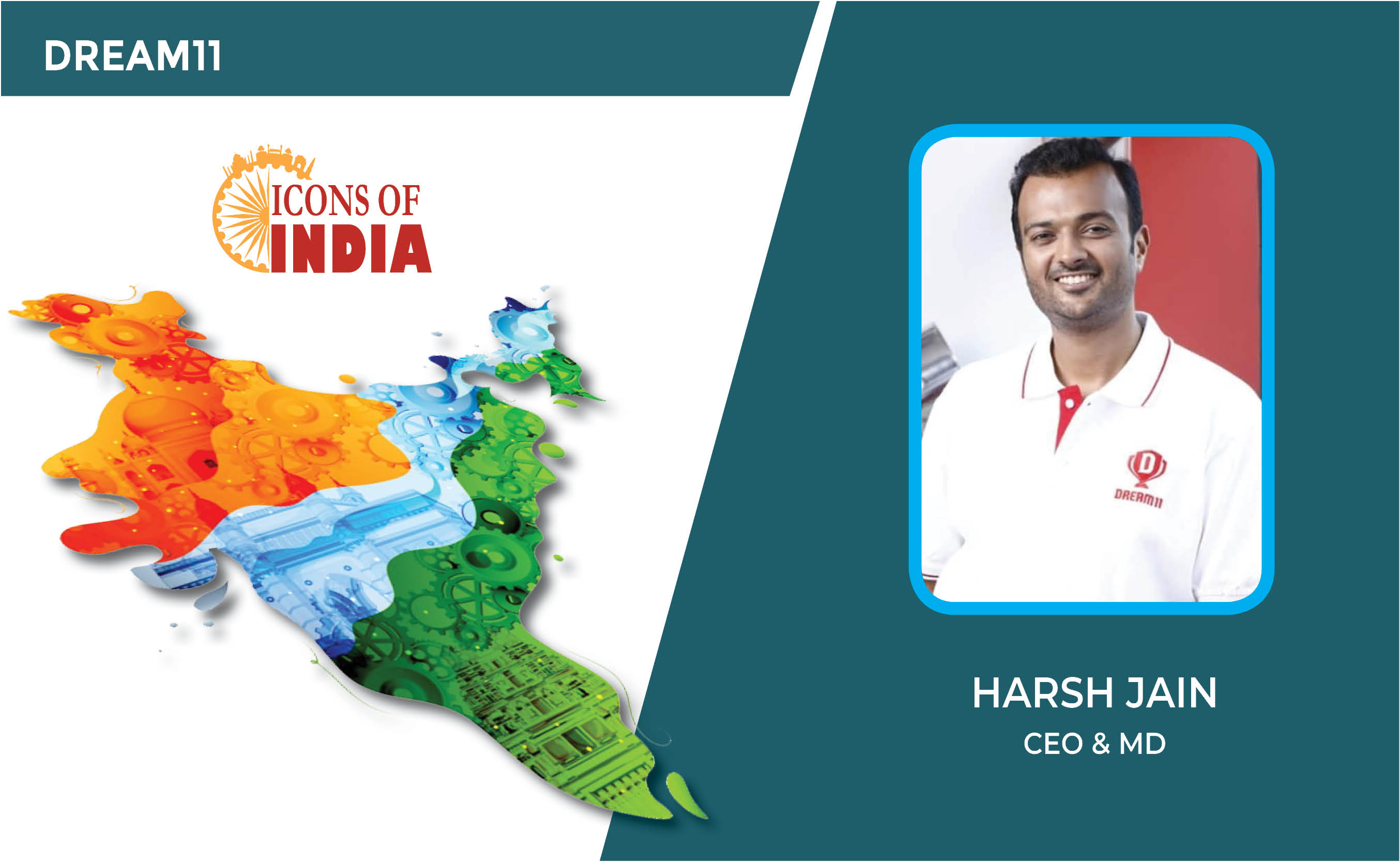
Icons Of India : Harsh Jain
Harsh Jain, the co-founder of Dream 11, the largest fantasy sports web...

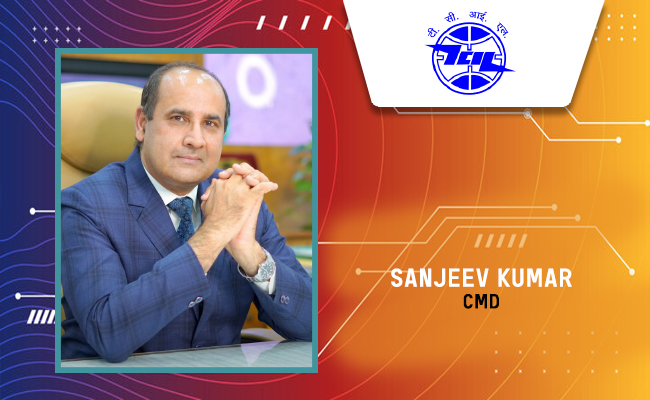
TCIL - Telecommunications Consultants India Limited
TCIL is a government-owned engineering and consultancy company...
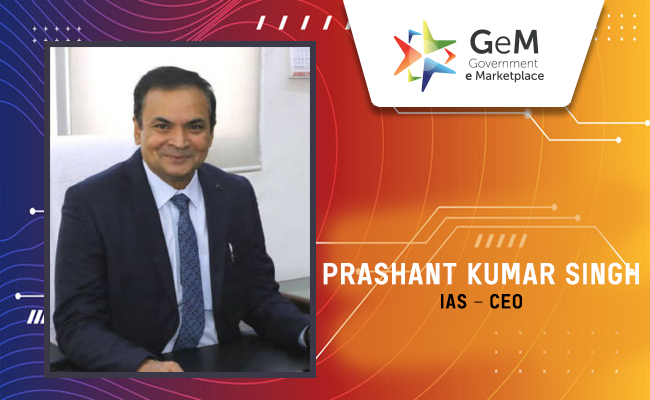
GeM - Government e Marketplace
GeM is to facilitate the procurement of goods and services by various ...
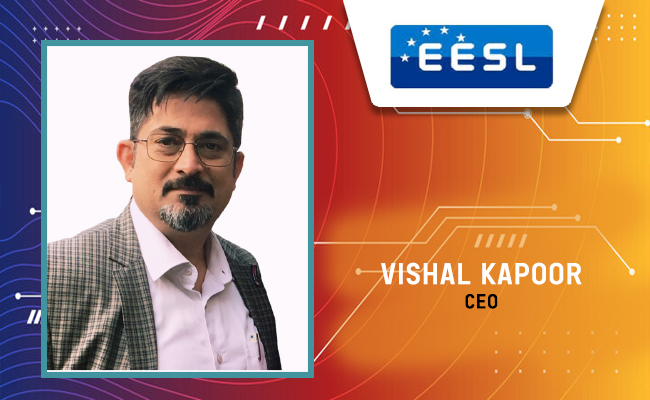
EESL - Energy Efficiency Services Limited
EESL is uniquely positioned in India’s energy sector to address ener...

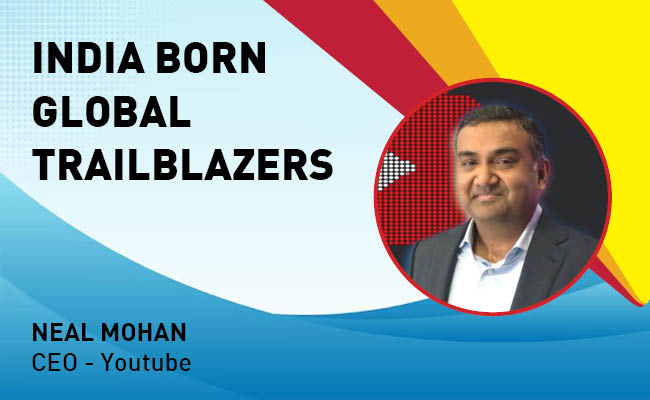
Indian Tech Talent Excelling The Tech World - NEAL MOHAN, CEO - Youtube
Neal Mohan, the CEO of YouTube, has a bold vision for the platform’s...
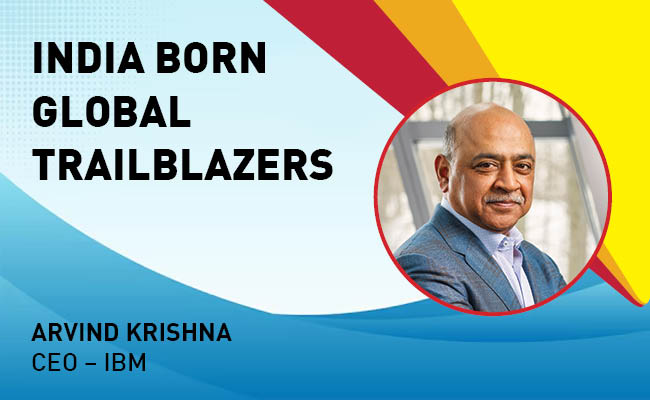
Indian Tech Talent Excelling The Tech World - ARVIND KRISHNA, CEO – IBM
Arvind Krishna, an Indian-American business executive, serves as the C...
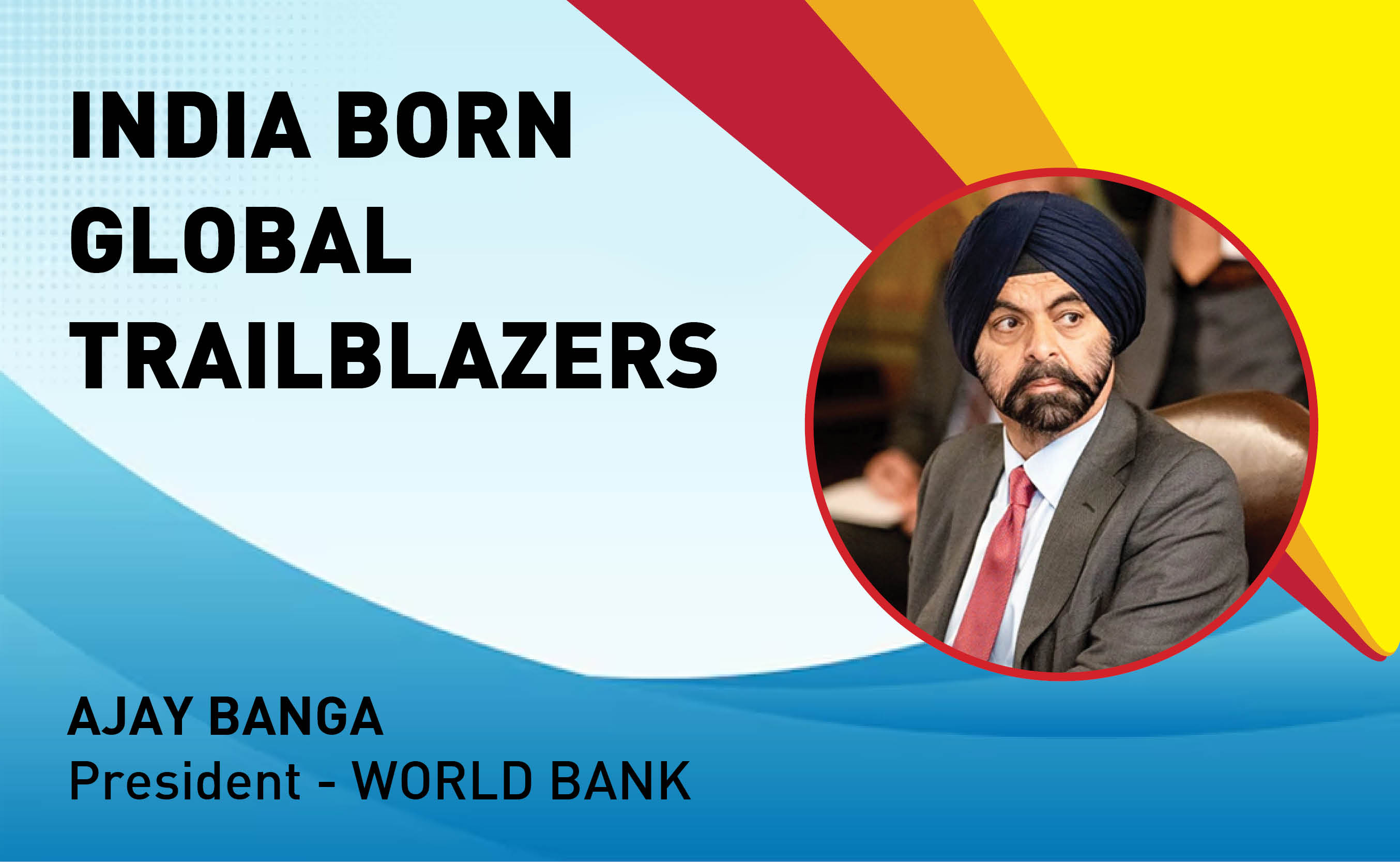
Indian Tech Talent Excelling The Tech World - AJAY BANGA, President - World Bank
Ajay Banga is an Indian-born American business executive who currently...
 of images belongs to the respective copyright holders
of images belongs to the respective copyright holders